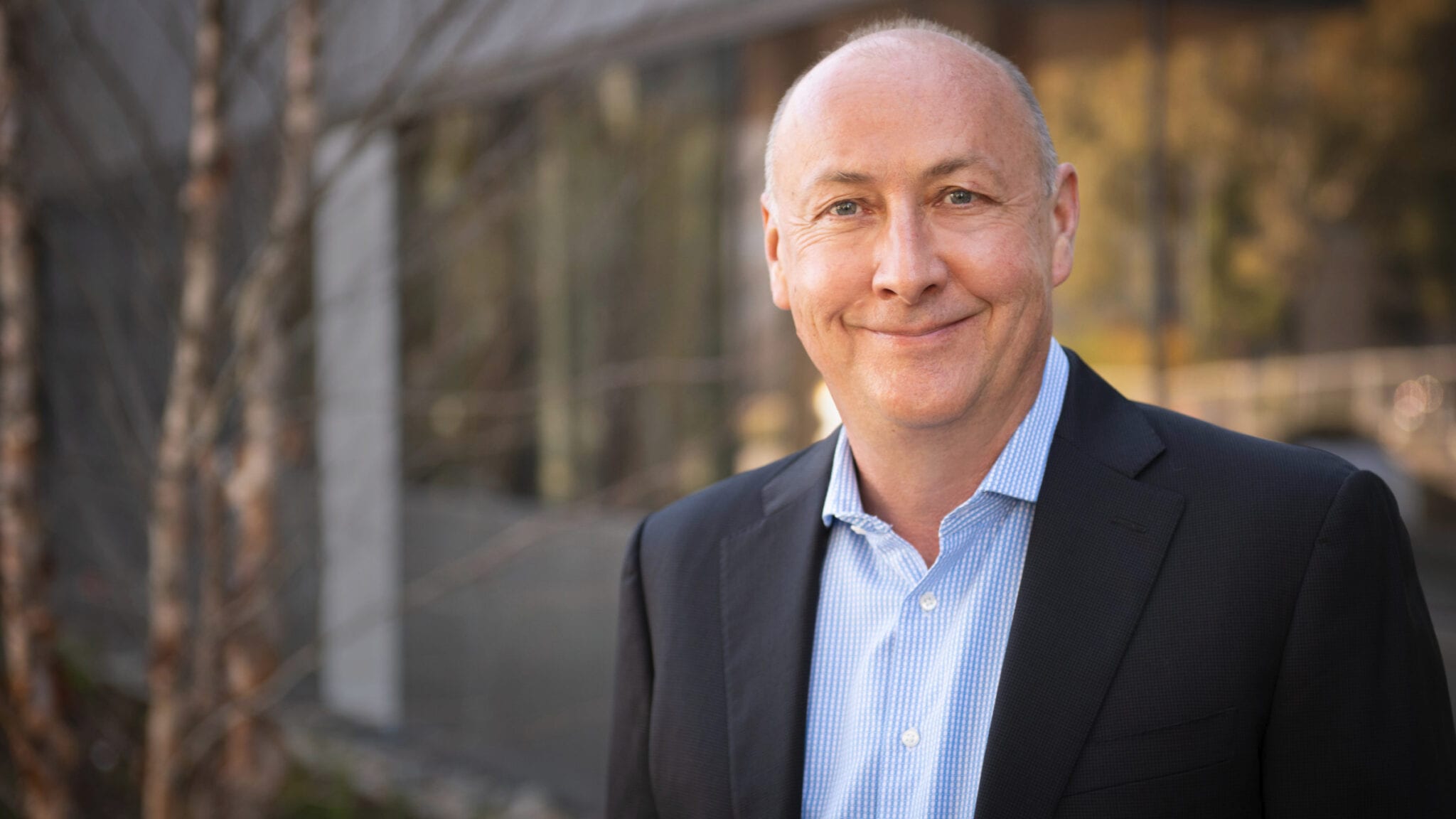
Craig Gibbs, Asher Bio CEO (Asher)
Asher Biotherapeutics joins search for a better IL-2 sans the toxicities
Can IL-2 therapies — which can be powerful against cancer but infamous for their toxic side effects — be made inherently more specific? For Asher Biotherapeutics, that …
Sign up to read this article for free.
Get free access to a limited number of articles, plus choose newsletters to get straight to your inbox.